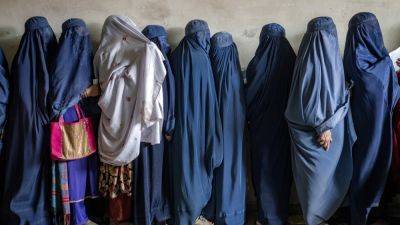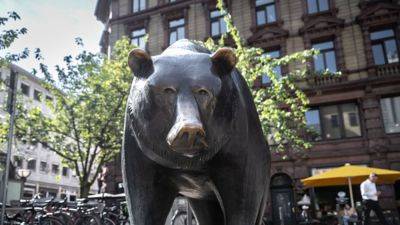The Taliban have ruled Afghanistan for 3 years. Here are 5 things to know
KABUL, Afghanistan (AP) — It’s been three years since the Taliban took control of Afghanistan. They have transitioned from insurgency to authority, imposed their interpretation of Islamic law and sought to reinforce their claim to legitimacy.
Despite no international recognition as the country’s official rulers, the Taliban enjoy high-level meetings with major regional powers like China and Russia. They even attended United Nations-sponsored talks while Afghan women and civil society were denied a seat at the table. It was a triumph for the Taliban, who see themselves as the country’s only true representatives.
There’s no domestic challenge to their rule, and no overseas appetite to support one. Wars in Ukraine and Gaza draw the international community’s focus, and Afghanistan doesn’t represent the same terror threat it once did. But challenges remain.
Here are five things to know about the Taliban in power.
Culture wars and rewards
The Taliban supreme leader sits atop a pyramid-like ruling system as a paragon of virtue. Mosques and clerics are on one side. On the other is the Kabul administration, which implements clerics’ decisions and meets with foreign officials.
“There are different levels of extremism, and the Taliban are in an uneasy coalition of ruling hard-liners and political pragmatists. It has put them in a culture war,” said Javid Ahmad, a non-resident scholar at the Middle East Institute.
The most controversial policies are unlikely to be reversed while supreme leader Hibatullah Akhundzada is in charge — and supreme leaders don’t retire or resign. They lead until death.
It’s wishful thinking that diverging opinions are enough to divide the Taliban, said Ibraheem Bahiss with Crisis Group’s South Asia program.







